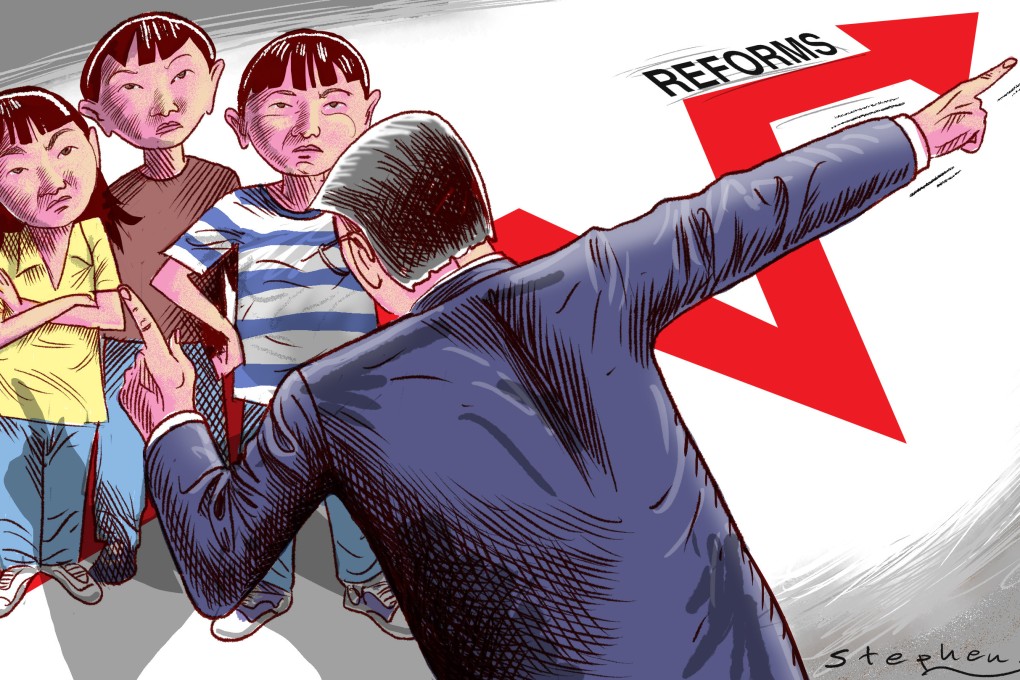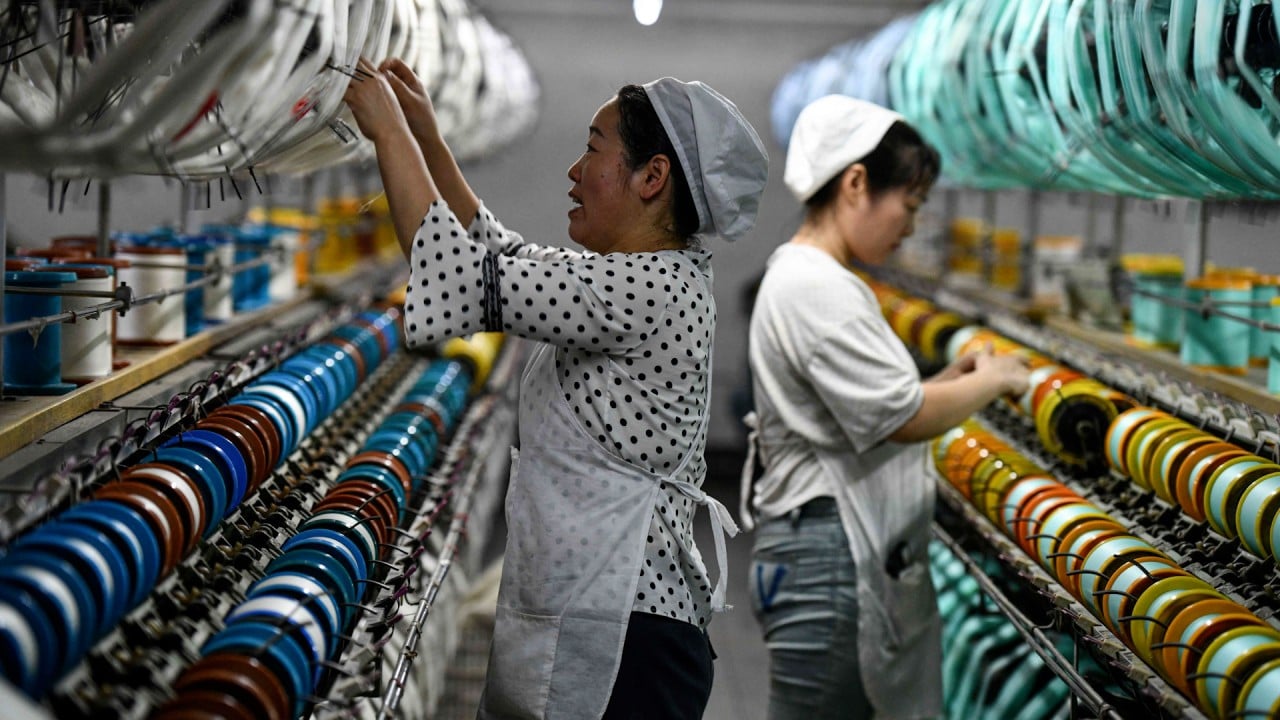Opinion | How can China’s reforms succeed when officials act like overbearing parents?
The ‘we-know-best’ mentality prevents market forces from playing a decisive role and affects investor confidence

During our conversation, he offered an observation that has stuck with me. Fresh from lengthy meetings with local officials, he said he was genuinely touched by their selfless and tireless work ethic. He noted these officials had worked non-stop without weekends or holidays, which he believed could only happen in China.
Indeed, during those extraordinary times, local officials were known to have slept in their offices for weeks, even months, to ensure residents locked down in their homes had enough daily necessities, from groceries such as vegetables to medicine – a monumental task.
Even in normal times, officials at all levels are often portrayed as sacrificing their leisure time to serve the people. In many ways, they have been dutifully trained and encouraged to follow the “parental” magistrate system, which started more than 2,000 years ago. This system, based on the parent-child relationship, calls for officials to rule by treating their subjects as their children.


